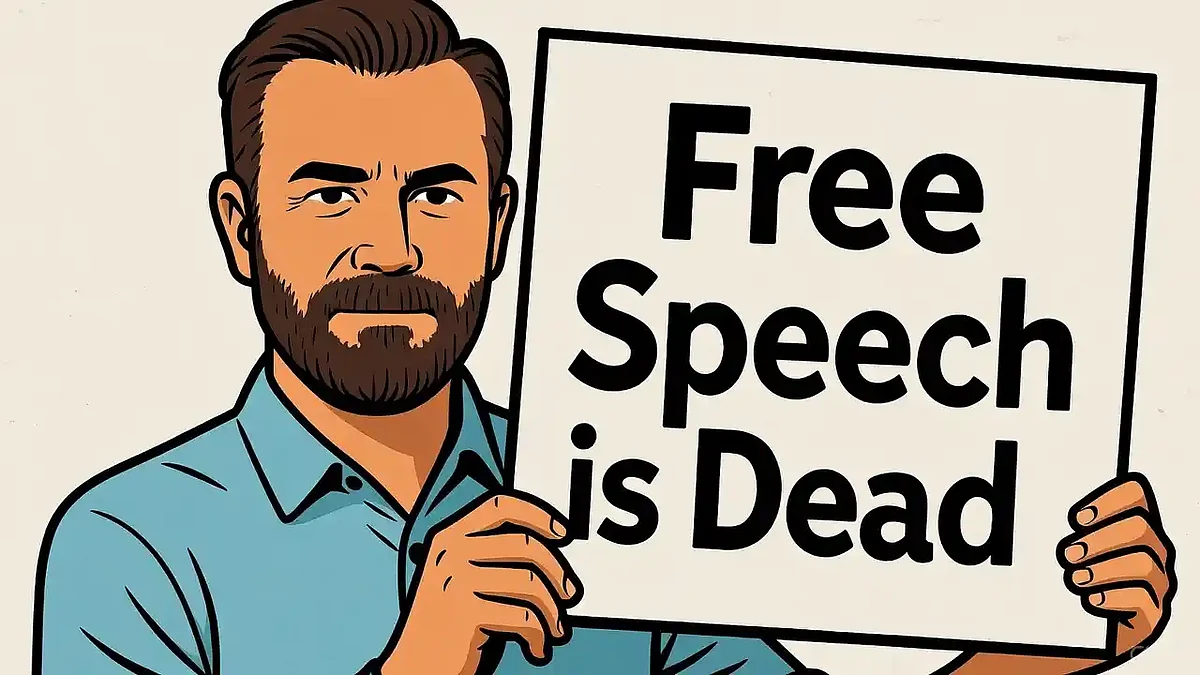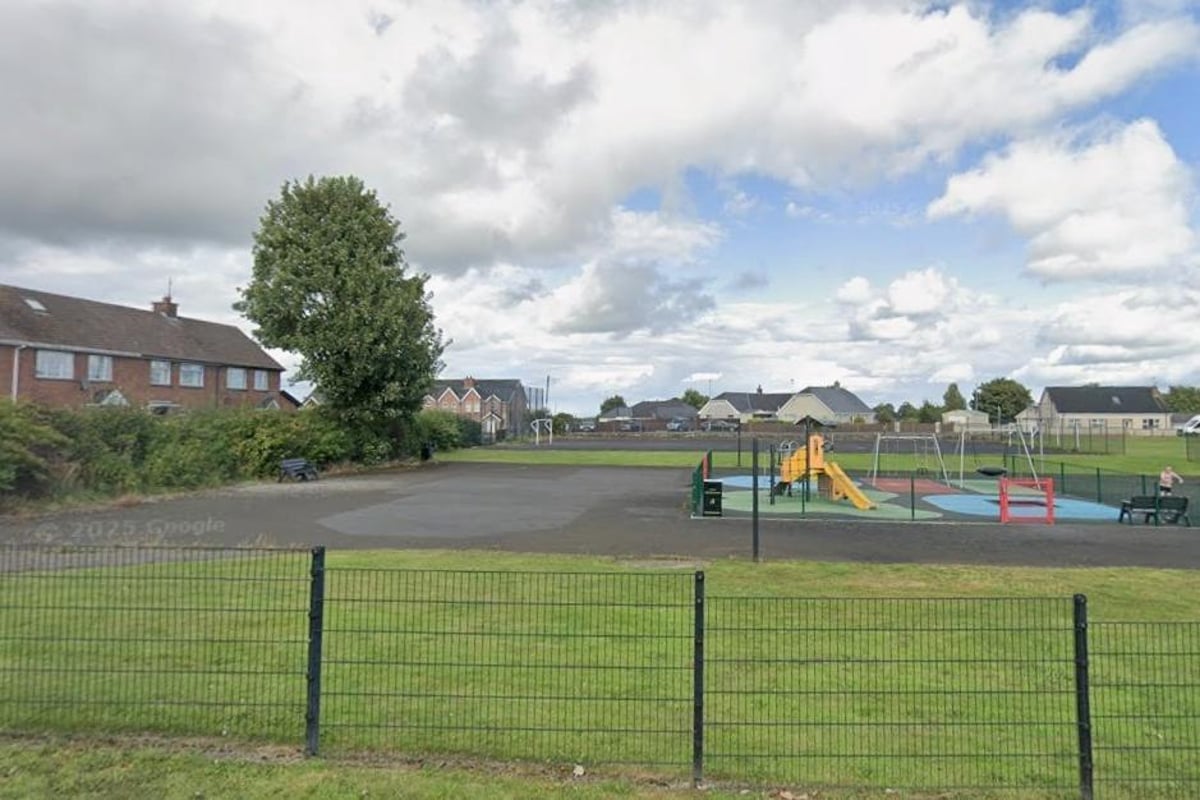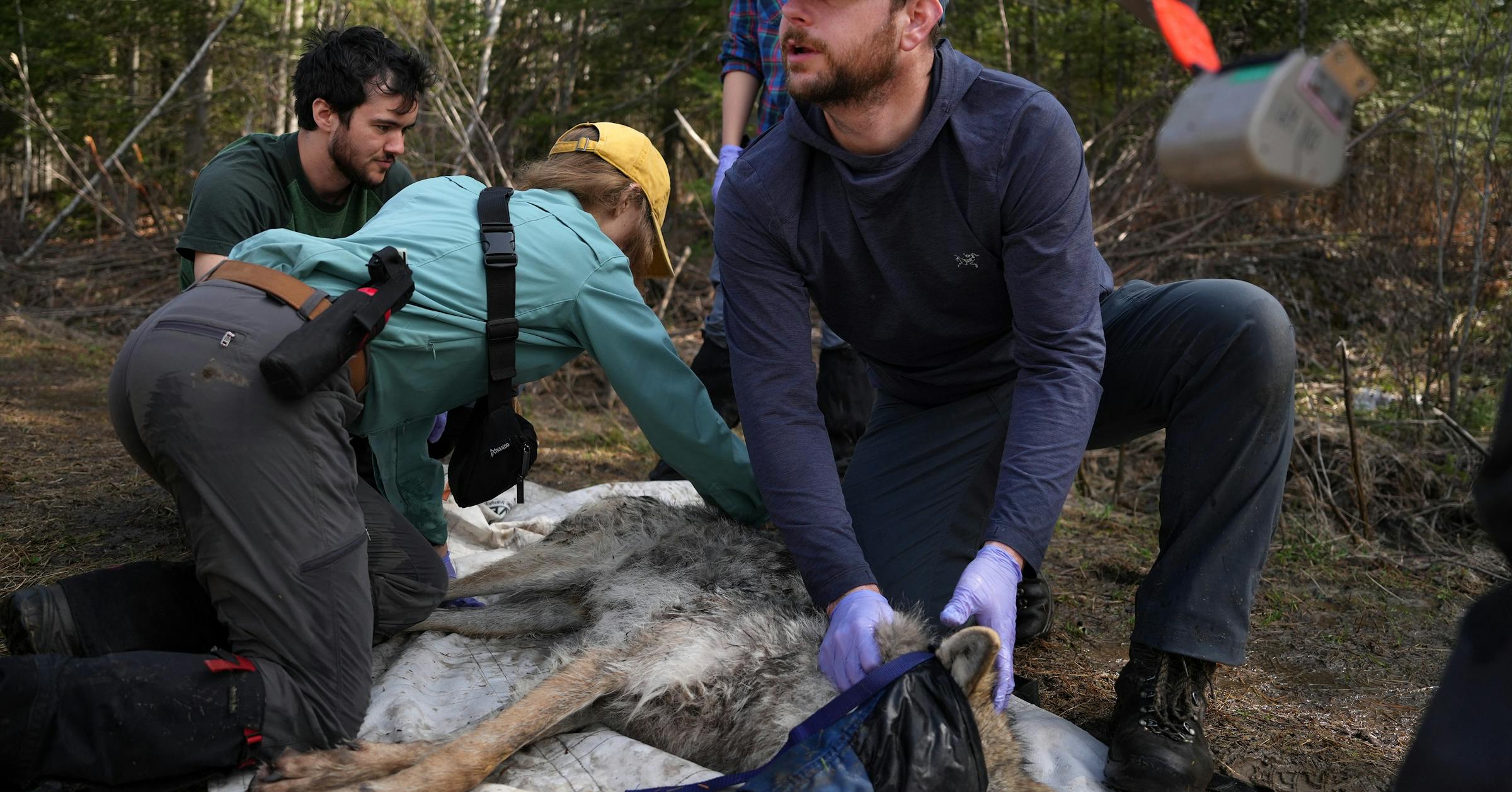Copyright westernstandard

Colin MacLeod is the author of the provocative book “The Case for Alberta’s Independence,” and the force behind @cnm5000 on X.This Liberal government is pushing hard with a set of bills — a revised C-63, C-9, C-2, and C-8 — that seriously endanger free speech and the right to protest. Rolled out or revived between 2024 and 2025, these proposals ramp up government oversight in digital spaces, financial dealings, cybersecurity, and even street-level activism, striking at the heart of our Charter of Rights and Freedoms. The cumulative effect of these proposals heightens surveillance while slapping on harsh penalties for expression and dissent, creating an environment ripe for intimidation and people holding back their views. I’ll break down these bills, show how they connect, and highlight the deep freeze they’re putting on free expression..OLDCORN: Alberta NDP proves it's the government union party, not the working parents party.Take Bill C-63, the Online Harms Act, which fizzled out after Parliament was dissolved in 2025, which was brought back recently by Minister Guilbeault. The idea is to tackle nasty online content, but it goes way too far by setting up a Digital Safety Commission to watchdog online platforms over things like hate speech and child exploitation. It suggests changes to the Criminal Code, like life sentences for pushing genocide, and brings hate speech back into the mix under the Canadian Human Rights Act. Platforms could get hit with fines up to 6% of their worldwide earnings if they don’t police content aggressively enough. The problem? Its fuzzy take on “hate speech” might catch honest critiques of policy or heated cultural talks in the net, leading companies to shut down voices preemptively and shutting off real debate online..Then there’s Bill C-9, tabled on September 19, as the Combatting Hate Act. It tweaks the Criminal Code to make hate propaganda cases easier to pursue by ditching the need for Attorney General approval, which opens the door to biased enforcement. It adds new offences for messing with access to religious or cultural spots, with penalties reaching 10 years in prison for what’s seen as intimidation. Groups like the Canadian Civil Liberties Association are sounding alarms that this could turn what is actually peaceful protests into criminal acts. Canada has a rich history of protests, from the Freedom Convoy to others, but C-9’s loose language is designed to squash that kind of on-the-ground activism.Bills C-2 and C-8 take things further by prying deeper into private lives, giving officials ways to track activities tied to free expression. C-2, dropped on June 3, as the Strong Borders Act, has gotten to second reading with debate kicking off September 17, but it’s not law yet. It beefs up anti-money laundering rules through the Proceeds of Crime Act, letting FINTRAC grab subscriber info without warrants and share it widely with police, plus outlawing big cash transactions. Sold as a border protection measure, it could easily tag donations to activist outfits as “terrorist financing,” cutting off money for legitimate causes..HANNAFORD: Do Calgary's new councillors have it in them to repeal open zoning?.Bill C-8, reintroduced on June 18, for cyber security, has advanced to second reading with debate ongoing but remains unpassed. It rolls out the Critical Cyber Systems Protection Act for areas like telecom and finance, demanding quick incident reports within 72 hours, obedience to government orders, and fines up to $15 million for slip-ups. Changes to the Telecommunications Act allow sweeping data grabs on threats. The danger here is that it could spill over into watching online planning for events near key sites, mixing up real security with clamping down on opposition. These powers have drawn fierce backlash; for example, in a September 27 tweet, MP Matt Strauss warned that the bill lets the Minister disconnect anyone from the internet without trial or warrant, and orders can include gag clauses barring disclosure of the action itself, calling it “the Emergency Measures Act on steroids, only permanent and secret.” .When you put them all together, these bills form a tight network of control: financial digs from C-2 might spotlight support for online content hit by C-63, while cyber data from C-8 feeds into C-9’s crackdowns on protests. It all adds up to a haze of legal doubt, where even a simple post could spark a chain of investigations. That chilling impact hits harder when you recall the 2022 Freedom Convoy — accounts frozen without court approval under the Emergencies Act, wrecking people’s lives and scaring off others from joining in. The mischief charges against the organizers have dragged on for years. The sought-after penalties are widely seen as vindictive and politically motivated, designed to drain organizers financially and intimidate people from holding public gatherings.What’s more, the purpose of these bills could mostly be handled with what’s already on the books, making this push feel unnecessary and maybe even calculated. For example, C-63’s focus on online harms and hate is already tackled by Criminal Code sections 318-320, which have nailed cases like threats against minorities online. And C-2’s money laundering goals? The existing Proceeds of Crime (Money Laundering) and Terrorist Financing Act lets FINTRAC spot and flag shady deals, as in busts of crime syndicates. If we just enforced those properly, we’d get the job done without trampling on rights — it really spotlights how these new bills are overkill, likely aimed at expanding control, surveillance, and intimidating dissent..OLDCORN: International Agreements Act puts Alberta in charge of international deals.This barrage of legislation doesn’t just limit free speech — it crushes it under a regime of fear, fueled by relentless monitoring and punishing overreach. Imagine Canadians, shadowed by the threat of lifelong prison for vague “hate” charges, bank accounts locked for backing a cause, or digital trails leading to penalties for simple organizing, meeting, or commenting online about things this government is doing that they do not agree with. When people retreat from vital public conversations, our democracy is reduced to a shell of quiet compliance. This betrayal effectively rips apart the Charter of Rights and Freedoms, fractures our shared public trust, and twists our legal safeguards into instruments of control.Colin MacLeod is the author of the provocative book “The Case for Alberta’s Independence,” and the force behind @cnm5000 on X.



